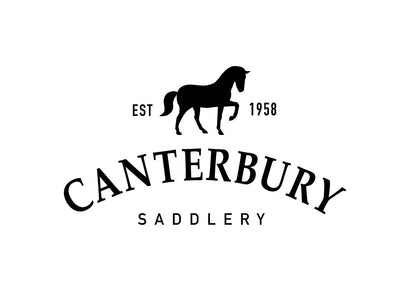Your Cart is Empty
Happy Horse 1L
$38.95
Happy Horse Ingredients:
Choline
Choline is a B group vitamin that acts as a lipotropic agent to aid in the prevention of fataccumulation in the liver (Marks, 2012). If choline is deficient fatty liver can result, whichleaves the horse with increased concentrations of triglycerides in the liver. Choline helpseliminate poisons from the system through the liver.
Niacin
Is important in the metabolic process to ensure healthy skin as well as proper function ofthe digestive tract (Marks, 2012) Niacin is produced in the horses’ gastrointestinal tract bymicrobes. Niacin is also produced by the body from the amino acid tryptophan, howevermany cereal grains contain high levels of leucine which interfere (Lewis, 1995) with theconversion of niacin to tryptophan, so supplementation is a good idea. Niacin has beenknown for its ability to increase blood flow to extremities and improved blood circulation.MethionineIs an essential amino acid required for proper hoof protein development. Research hasshown that sulphur-bearing amino acids play an important role in the proteins of the equinehoof wall (Grosebaugh and Hood, 1992) methionine is the most important amino acid for
hoof growth. It works with choline to fight against tumours and helps prevent oedema andinfection. Methionine scavenges free radicals and has a detoxifying action.
Carnitine
Enhances ATP production in the muscle and is essential for the transport of fats into themitochondria where they are burnt to produce energy. Carnitine prevents toxic overloadand is useful to delay the onset of exercise induced metabolic acidosis and fatiguedevelopment. Carnitine is essential for normal heart function and useful to help preventmuscle damage after vigorous exercise. Maltodextrines and Mollases are both a useful source of readily available energy.
References
Grosenbaugh, D. A., & Hood, D. M. (1992). Keratin and associated proteins of the equine
hoof wall. American journal of veterinary research, 53(10), 1859-1863.
Lewis, L. D. (1995). Equine clinical nutrition: feeding
Feeding Instructions: Give 1 Litre daily for 2-3 days

